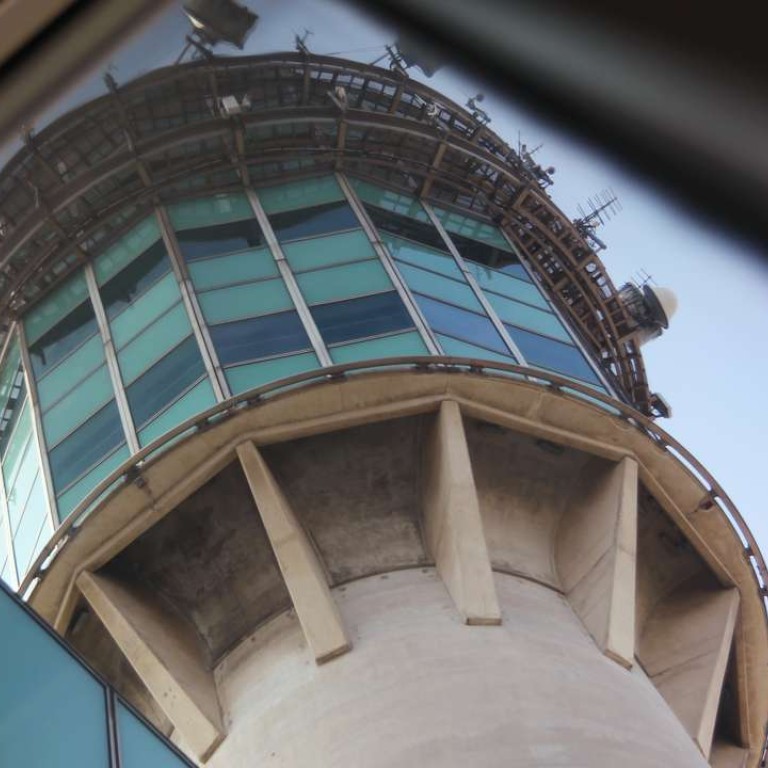
Another delay for Hong Kong’s new air traffic control system, with probe launched
Government acts on concerns raised by pilot-turned-legislator
The arrival of the city’s new air traffic control system will be delayed again as investigators look into failures during testing which were highlighted by a Hong Kong legislator on Thursday.
The Secretary for Transport and Housing Anthony Cheung Bing-leung and the Civil Aviation Department (CAD) ordered the probe after the Civic Party’s Jeremy Tam Man-ho pursued the government over the malfunctioning technology.
“After a discussion with the CAD, Anthony Cheung decided to ask for an independent investigation on this particular issue with NATS, their consultants, to go through what happened about the incident yesterday and will carry out a report,” Tam, a former pilot, said. “Based on their recommendations they will act accordingly.”

NATS, Britain’s National Air Traffic Service, runs air navigation in the UK.
Tam said there was no time frame for when the new system would be implemented. “It’s all based on the outcome of what NATS says,” he added.
The Transport and Housing Bureau has been contacted for comment.
After the latest technical troubles to plague the HK$1.5 billion upgrade were revealed by the Post yesterday, the government initially dismissed them and said the switch was on track, and would be ready for final implementation on Sunday. It was unclear if that plan had changed as a result of the investigation.
In recent days, flight radar screens have frozen and malfunctioned on controllers. The CAD confirmed “isolated” problems but insisted safety had not been affected.

Authorities had ordered a reduction of flights from October 30 until November 26, to accommodate the new system. It was uncertain whether that reduction would be extended.
The suspension of 2,520 flights is the cost of switching from out-of-date and unreliable technology to an over-budget and much-delayed new system.

